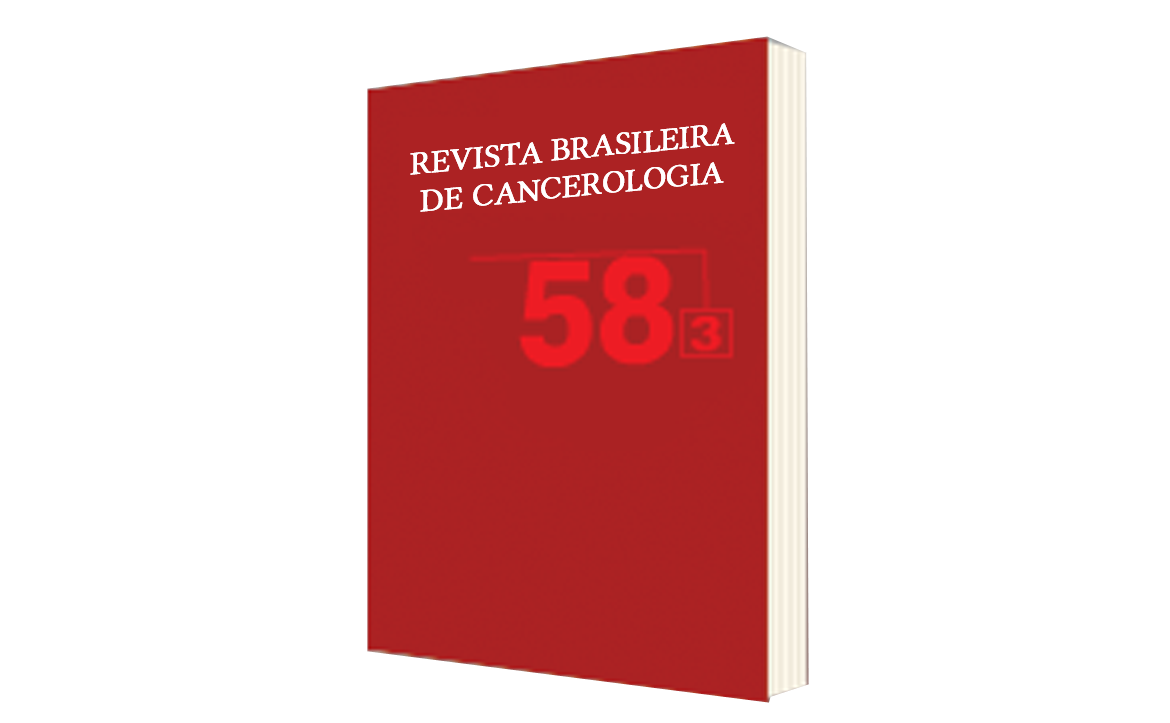Assessing Quality of Life Related to Health in Patients with Cervical Cancer in Radiotherapy
DOI:
https://doi.org/10.32635/2176-9745.RBC.2012v58n3.609Keywords:
Uterine Cervical Neoplasms/radiotherapy, Radiotherapy/adverse effects, Quality of Life, Sex Factors, Longitudinal StudiesAbstract
Introduction: Cervical cancer is a serious public health problem with high mortality in developing countries. Radiotherapy, one of the modalities used in treatment, can cause adverse effects that may compromise the quality of life of patients. Objectives: To assess the quality of life related to health (HRQoL) in women with cervical cancer under radiotherapy with emphasis on sexual function. Method: We performed an exploratory, before and after longitudinal study, with 34 women with cervical cancer treated with adjuvant radiotherapy, exclusively or concurrently with chemotherapy in a teaching hospital between August and December 2011. The patients underwent two interviews to assess HRQoL by FACT -Cx score (Functional Assessment of Cancer Therapy- Cervix). The mean scores corresponding to the pre-treatment and last week treatment were compared using Student's t test for paired samples, with a significance level of 5%. Results: The mean age was 50 years. Most were single or widowed (58.8%) and only 2.9% were employed. About 75% were illiterate or had only attended elementary school. The FACT -Cx pre-treatment score average was 110.9, and 110.8 in the last week, with no statistically significant difference (p=0.966). Conclusion: The lack of difference between the average of HRQoL scores obtained before and in the last week of treatment might be an indication that a radiation treatment did not modify the HRQoL of these women.









